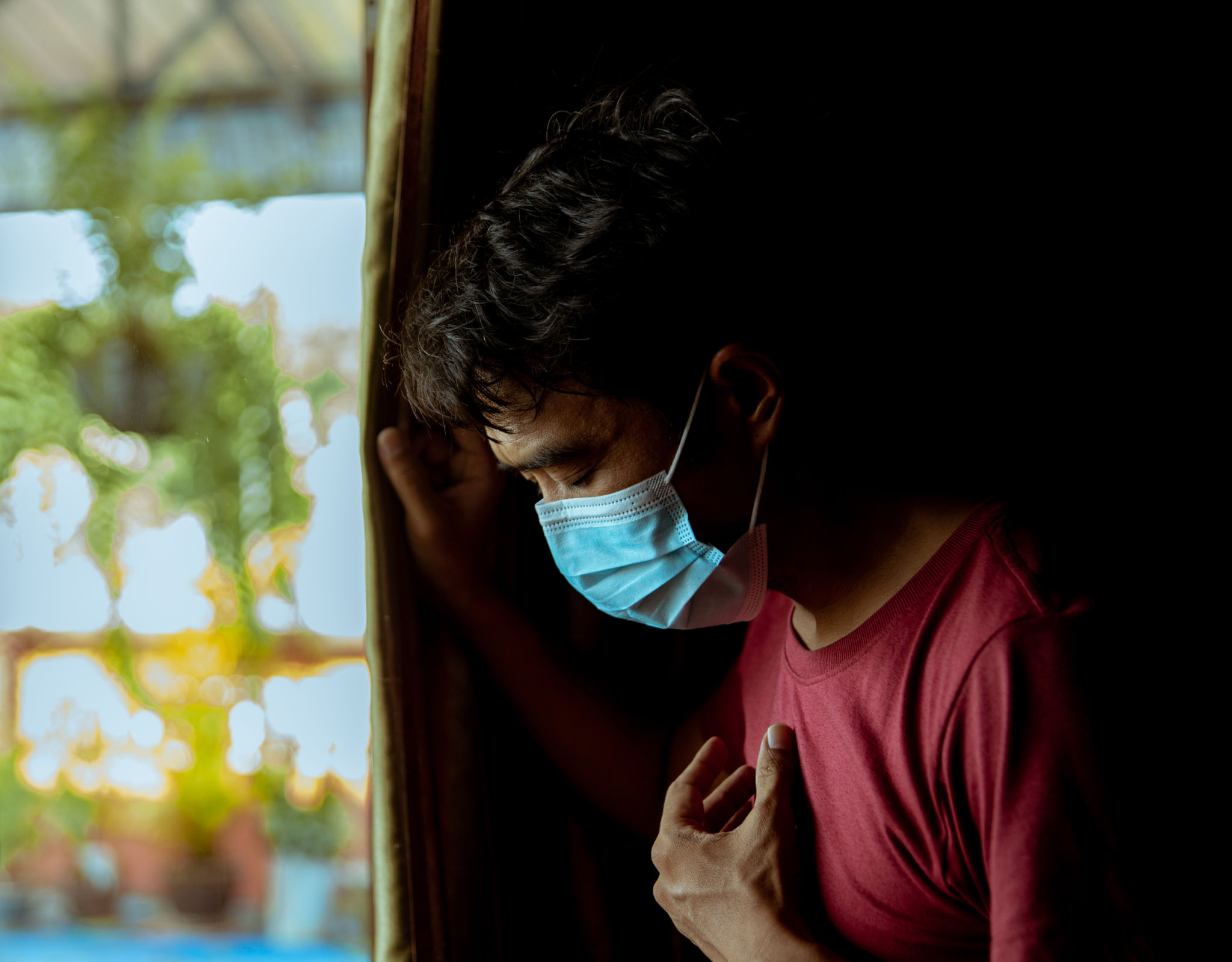Understanding Long-Term Covid Recovery: A Comprehensive Guide
Understanding Long-Term Covid Recovery
As the global pandemic continues to affect millions, understanding long-term Covid recovery has become crucial for those who have experienced lingering effects. These persistent symptoms, often referred to as Long Covid, can impact various aspects of one's life. In this guide, we will explore what Long Covid entails, its common symptoms, and potential strategies for managing these challenges.

What is Long Covid?
Long Covid is a term used to describe the ongoing health issues that persist weeks or even months after the initial Covid-19 infection. While many people recover fully within a few weeks, others experience prolonged symptoms that affect their daily functioning. These symptoms can vary widely and may appear unexpectedly, complicating the recovery process.
Common Symptoms of Long Covid
Individuals suffering from Long Covid may experience a range of symptoms. Some of the most commonly reported include:
- Fatigue
- Shortness of breath
- Brain fog or memory issues
- Joint and muscle pain
- Persistent cough
These symptoms can fluctuate in intensity and may even lead to new health problems over time.

Managing Physical Health
Managing physical health is a critical component of recovering from Long Covid. Regular consultation with healthcare professionals is essential to monitor symptoms and adjust treatment plans. Engaging in gentle exercises, such as walking or yoga, can help improve physical endurance and overall well-being. However, it's important to listen to your body and avoid overexertion.
Mental Health Considerations
The psychological impact of Long Covid should not be underestimated. Many individuals experience anxiety, depression, or post-traumatic stress due to the uncertainty and prolonged recovery period. Seeking support from mental health professionals and connecting with support groups can provide much-needed emotional relief. Mindfulness practices and stress-reduction techniques may also be beneficial.

Nutritional Support and Lifestyle Adjustments
A balanced diet rich in vitamins and minerals can support the body's recovery process. Staying hydrated and consuming foods high in antioxidants can help combat inflammation and support the immune system. Additionally, lifestyle adjustments such as maintaining a regular sleep schedule and reducing stress are important for promoting recovery.
The Role of Community and Support Networks
Having a strong support network can make a significant difference in the recovery journey. Family, friends, and community groups can offer practical assistance and emotional encouragement. Online forums and social media groups dedicated to Long Covid provide platforms for shared experiences and advice.
Research and Future Directions
The medical community is continuously researching Long Covid to better understand its mechanisms and develop effective treatments. Ongoing studies aim to uncover the underlying causes of persistent symptoms and identify potential interventions. Staying informed about new developments can empower individuals to make informed decisions about their health.

Conclusion
Understanding and managing Long Covid is a complex process that requires patience and perseverance. By staying informed, seeking appropriate medical care, and fostering supportive relationships, those affected can navigate their recovery journey more effectively. As research progresses, there is hope for improved treatments and better outcomes for everyone impacted by this condition.